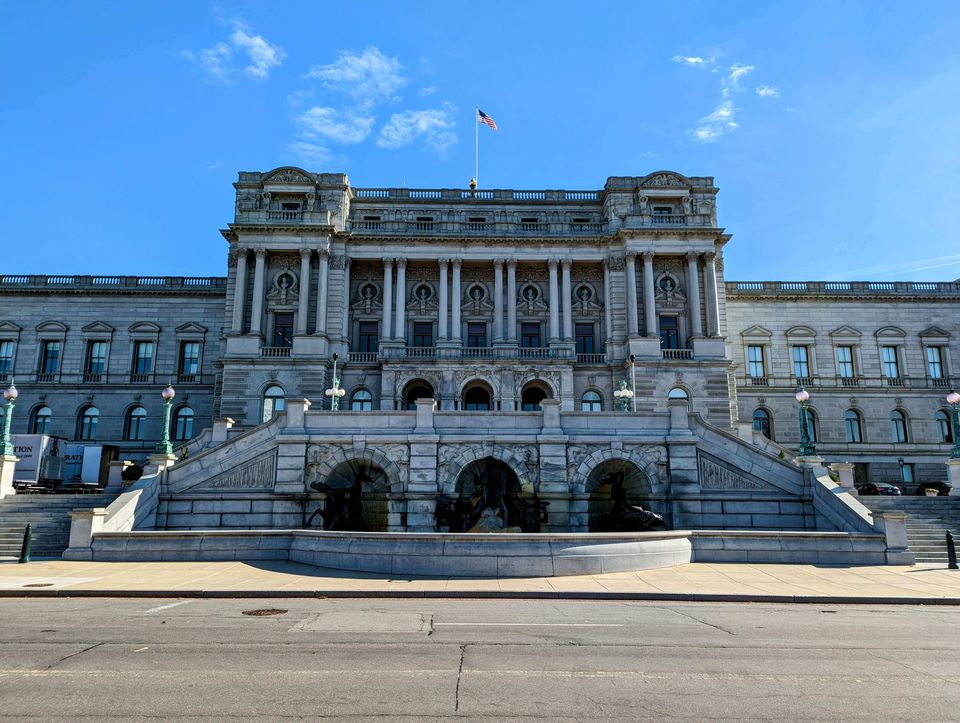Politicians Need a Hippocratic Oath

Greetings friends!
Imagine a world where your performance was measured, not by outcomes, but simply by your intentions.
Boss: “Hi Sam, come on in. So, annual performance evaluation time already, huh?”
You: “Yes, Pat, can’t wait! It was a great year.”
Boss: “Hmm, we’ll talk about that. I saw on your self-evaluation you gave yourself a 110 percent rating across the board.”
You: “Sure did! I took that goal of implementing a compliance program in Europe and I ran with it. Why, I had the most amazing project plan you’ve ever seen.”
“Sam, are you forgetting we got sued by the EU Antitrust Commission for starting up an illegal cartel with our three biggest competitors? I have to testify in Brussels next month!”
“Pat, Pat, let’s stay focused. On paper, I designed a perfect program. I even called it the Perfect Compliance Program. Why, the training videos alone won awards for most innovative use of Claymation.”
“Oh, don’t mention those videos to me. Everywhere we showed them management ended up engaging in more illegal behavior, not less. It seems like your examples only inspired them to find more ways to bend the law.”
“That’s certainly not my fault. I was only following best practices. And remember, we had that consultant come in and tell us our program ticked all the boxes? No, my intentions were pure.”
“Since when do we measure performance by intentions, Sam?”
In the business world, the answer is a clear “never.” But when it comes to our politicians and regulators, we all seem to stop at good intentions.
Why do I say this? It is because I spent decades managing the unintended consequences of laws passed with the best of intentions.
Laws Can Be Worse Than Ineffective
Grandstanding lawmakers and overworked regulators slap a rule in place with a catchy title like Anti-Money Laundering Act. “See, it’s got ‘Anti’ right in the title; we’re taking a stand against criminals.”
Never mind that the consequences of the law’s reporting requirements are that honest companies are now routinely hounded by their banking partners to declare ever more detailed chains of beneficial owners with no appreciable effect on actual money launderers.
Executive compensation as an example
Consider the cautionary tale of attempts to rein in executive compensation. One early idea was to limit executive compensation by forbidding companies from deducting pay that exceeded US$1 million.
- But the law allowed companies to deduct “performance-based compensation” approved by shareholders.
- The result (predictable in hindsight) was public companies adopting stock option plans and an explosion in equity-based compensation.
Then regulators decided they would require companies to publicly disclose their compensation in painful detail. Even if executives themselves were unashamed, the thinking went, shareholders seeing the details would curtail the worst excesses.
The result was again exactly the opposite of what was intended. How so?
- Compensation committees benchmark executive pay against peer companies. Where previously there were gray areas and some guesswork, the details became clear to all. Once-missed perks were now added to the calculus.
- Worse, the sincere belief that your executives are better than average supports paying above the median. But when everyone does this, the median itself steadily rises.
- As a consequence, while performance is not notably different, pay has risen steadily year-on-year for decades.
So why do we keep doing it?
For lawmakers, the answer is clear: Their incentive is always to take action, and they have no skin in the game, i.e., they suffer no consequence for bad laws.
Why Do Voters Accept Such Poor Performance?
But why does the voting public accept repeated poor performance? After all, we are affected by poorly-designed laws and grapple with unintended consequences all the time.
Is it because we can’t see a better way?
I can think of at least three alternatives that might help:
1. No new laws. At least prevent lawmakers from making things worse. I welcome gridlock for this very reason. But there are real problems we need to address as a society, so we do want effective lawmaking.
2. Sunset all new laws. Let lawmakers pass new laws, but build in a review mechanism. That is, lawmakers must revisit the law’s performance after some period, say 10 years, and decide whether to scrap it, keep it, or amend it in light of unintended consequences.
3. Give lawmakers skin in the game. Just like executives now must stand behind the company’s financials, make politicians personally responsible for the laws they adopt.
- An easy first step would be making sure lawmakers are subject to the same rules as the general public, which is surprisingly often not the case.
- Then let’s make lawmakers sign up for a modified Hippocratic Oath.
You probably heard an excerpt of the Hippocratic Oath as being “First do no harm.” The longer excerpt is actually “I will abstain from all intentional wrong-doing and harm.”
Intentional harm includes the reasonably foreseeable consequences of your actions. Just because you didn’t want something to happen, you are still responsible if a reasonable person could anticipate that it will happen.
A Proposal For the Lawmakers' Oath
With all this in mind, the Lawmakers’ Oath would read as follows:
I will regularly assess the real-world actual benefits and harms to evaluate the performance of the laws and adjust accordingly.
I don’t expect lawmakers to do much better right away. But the Lawmakers’ Oath would give voters a way to objectively measure their performance.
That seems like a good start to me.
Be well.
Hit reply to tell me what's on your mind or write a comment directly on Klugne. If you received this mail from a friend and would like to subscribe to my free weekly newsletter, click here.
A version of this story was first published in the ACC Docket Career Path column






Member discussion